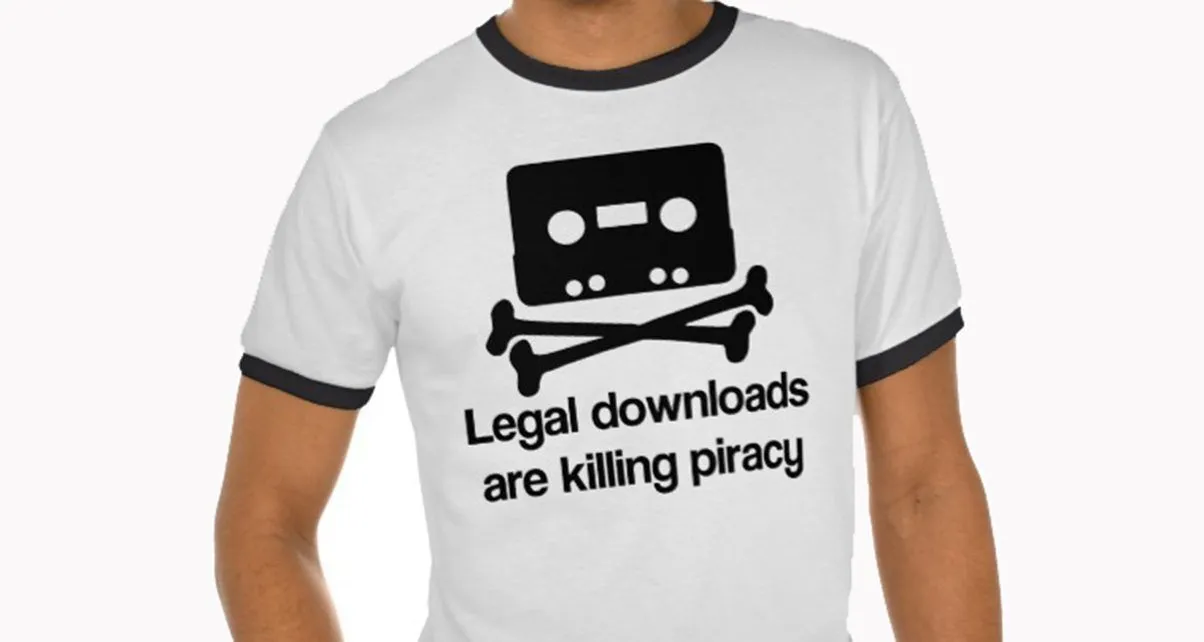Digital DJ Tips reader Zoltan writes: “I am involved in artist management and booking activities in Hungary, mainly club related stuff. We are in somewhat of a dispute with the local DJ association whether or not music legally purchased at digital stores like Beatport, iTunes etc can or cannot be used for commercial DJing. Beatport’s terms and conditions clearly state that downloads may only be used for “your own personal, non-commercial use” – now, DJing is commercial use isn’t it? Really curious to see what is your and the community’s standing on this issue.”
Digital DJ Tips says:
Really great question, Zoltan. Even since home taping to cassettes years ago, there has been a gap between what people actually “do” with purchased recorded music and what the law says. Back then, it was tolerated to make taped copies of your music, but if you got caught selling it, that’s when you’d be prosecuted. Both were actually illegal in most countries (but not all). So fast-forward to now. Beatport is plainly selling to DJs who will perform the music. I think “commercial use” means mixing and selling that music, not playing it to an audience. Those small print disclaimers may just be be the lawyers making sure the company’s back is covered, or a condition of the record label licence, but obviously for a DJ site, they’re in practical terms ridiculous.
Anyway, in most countries, premises need to be licensed in order to allow music to be performed in public in them. As long as you’re DJing in a licensed venue, you should be OK, wherever the music came from (but mobile DJs should definitely look into the situation in their own countries with regards to playing in non-licensed venues). However, there are draconic laws in some places that say things like “as soon as you move your music to a different format to play it, you need a personal licence”.
To me this is a classic case of technology racing ahead of the law, and I’ve never heard of anyone being prosecuted for ripping a CD to hard drive and then DJing with DJ software using that file, to give one example of where such laws would apply.Also, look at Deezer in DJ Player, or Grooveshark in Virtual DJ. Two examples of streaming music services right there inside DJ apps!
Better to ask for forgiveness than permission?
Bottom line: I’s say be pragmatic and practical. You’ve bought the music. The premises you DJ in should already have a licence. DJs are often given promo music for free anyway, record pools are there to serve DJs music to play in public – it’s such a big, wish-washy grey area that my personal view would be: Pay for your music and from there on, don’t worry about it. The people who made the music would in nine times out of ten want you to play that music out anyway, as it’s promoting it on their behalf.
However, I’m no lawyer, and also I don’t have much knowledge outside of the UK and to a certain extent the US – so this is where I’d like to ask our readers to help. Espeically if you’ve investigated this, or you’re a lawyer with some actual facts in this area (and especially if you know the situation in Hungary to help Zoltan!) – please let us know your thoughts in the comments.
So – over to you! Can you shed some more light on this matter? What’s your view on licensing of digital music for public performance? Have you ever run foul of the authorities on this one? Please share your thoughts below!


